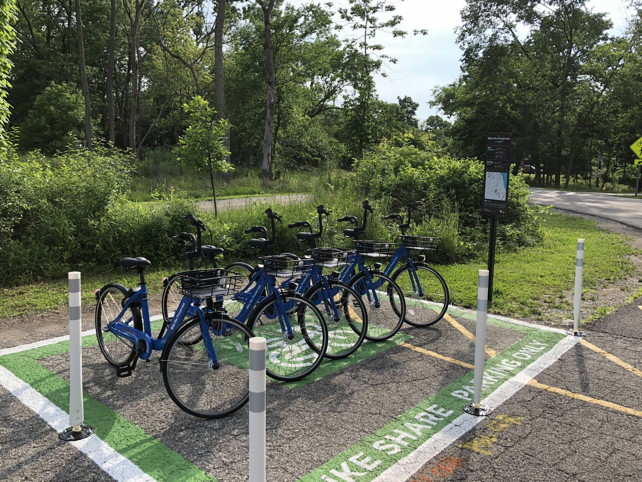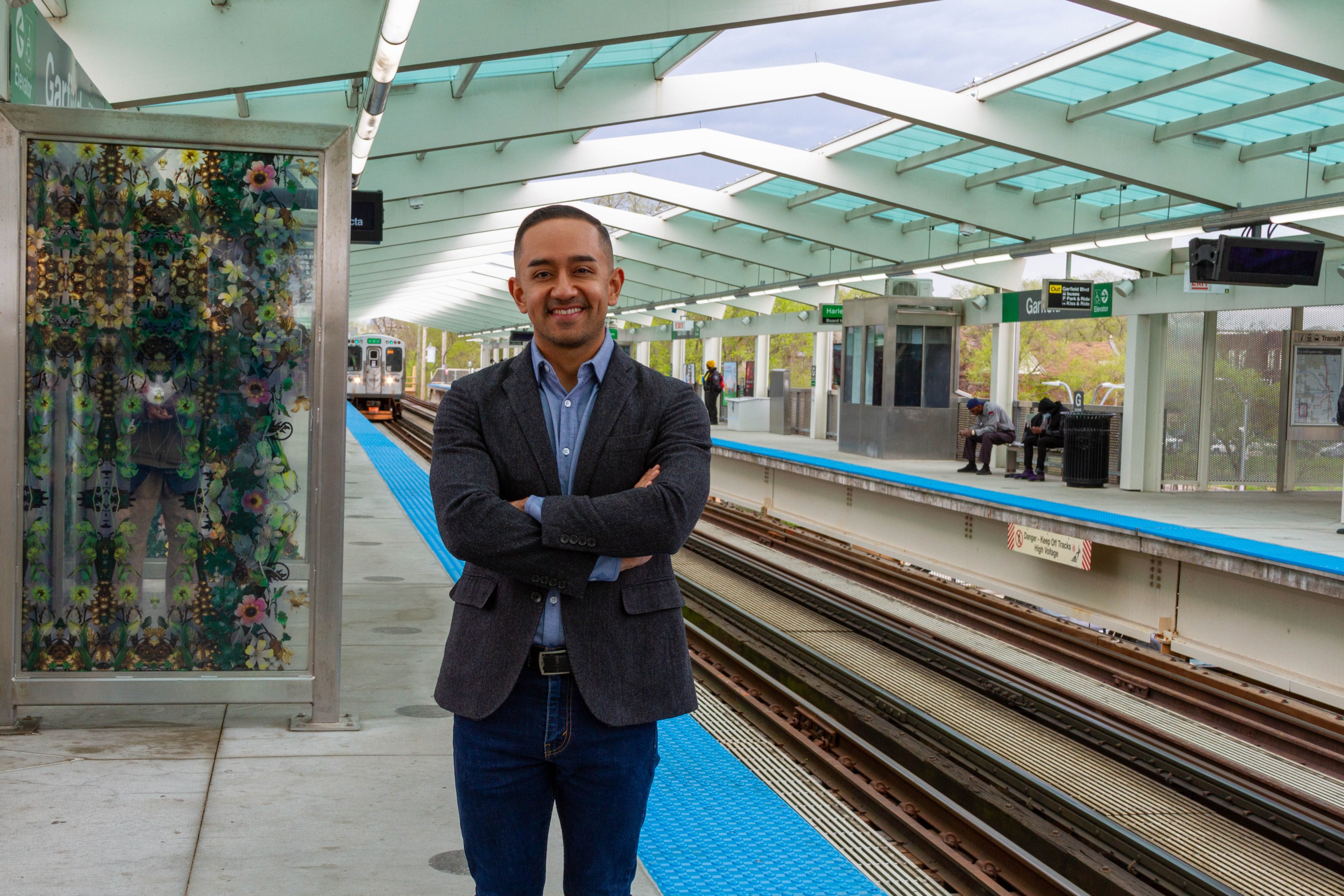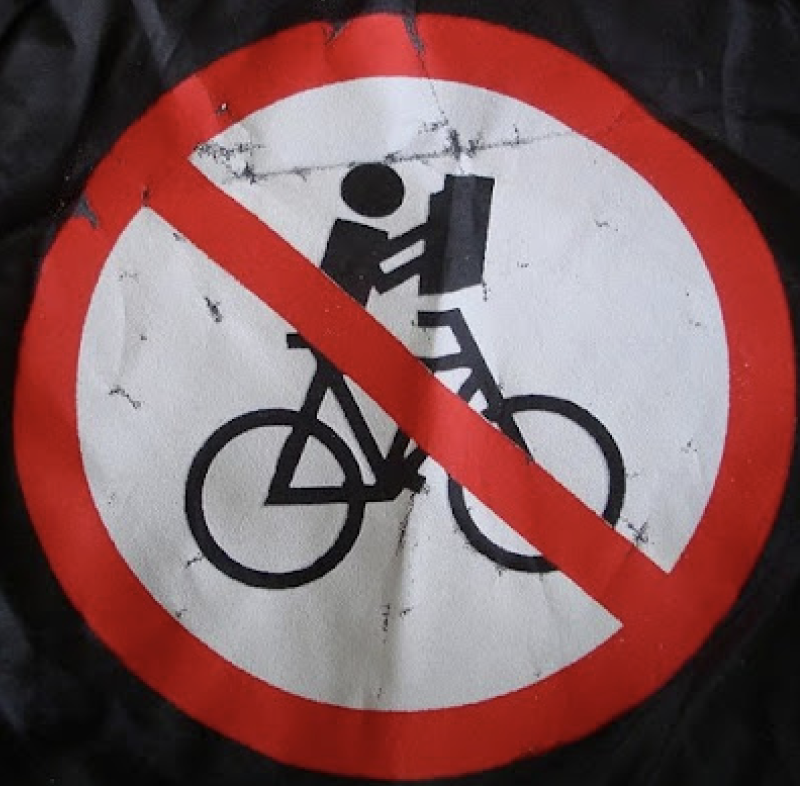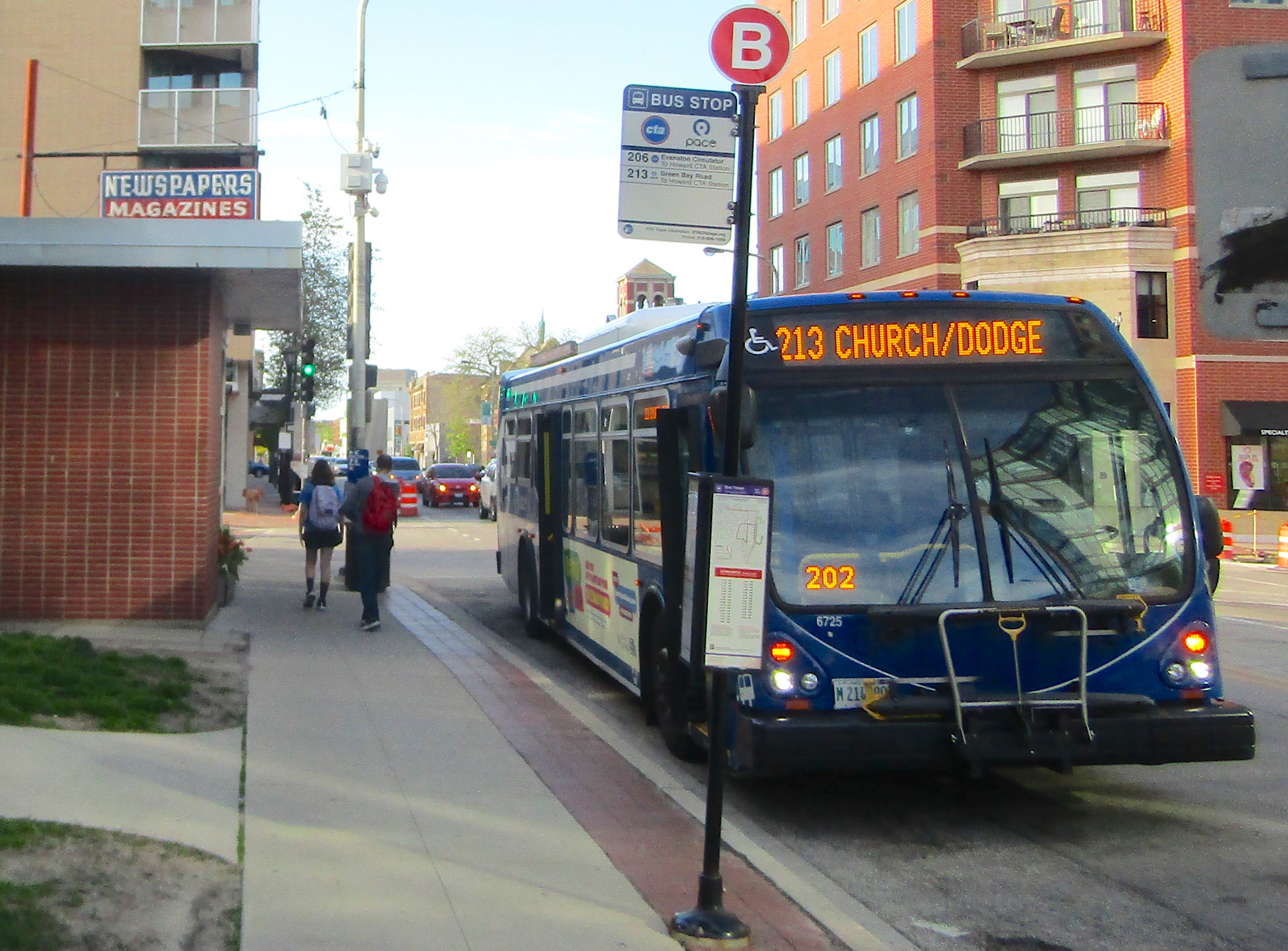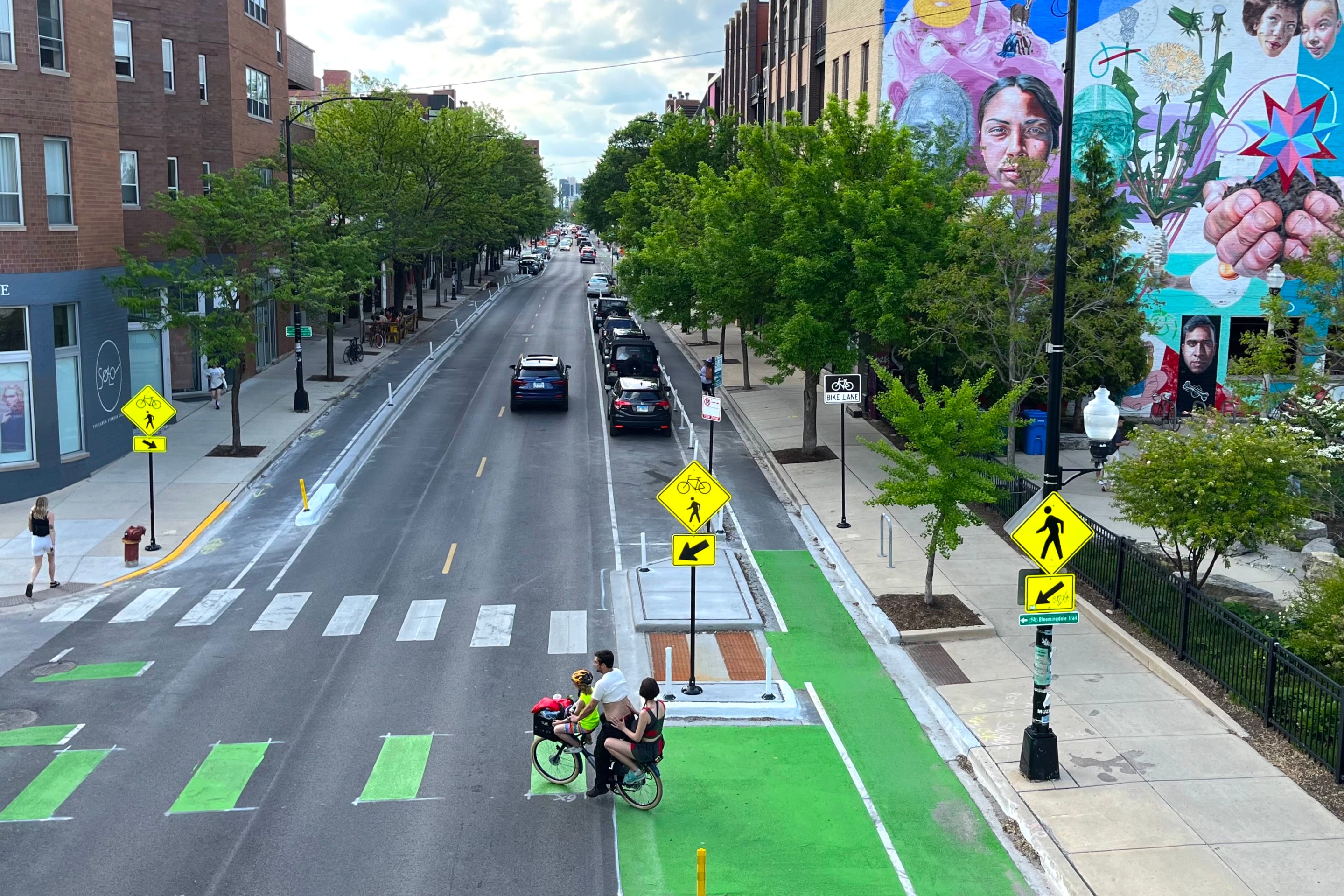The Oak Park trustees who kicked Divvy out of their village in January directed their staff Monday night to prepare an ordinance that would authorize dockless bike-share ("DoBi") in 2019. But they’re not about to let people park dockless bikes just anywhere. A majority of the trustees endorsed the concept of “ponds” or “hubs” located throughout the village that could serve as authorized pick-up and drop-off points.
“In addition to the financial failure of the Divvy system there was the additional failure that there were so few stations it just wasn’t convenient for people to use,” said Trustee Deno Andrews. “Having these ponds or areas where people could take or return bikes I think is crucial to the success of any program we implement.”
Trustee Andrea Button, who in January had voted in the minority to preserve Divvy, cautioned that there have to be enough ponds well enough distributed to avoid the station-location problem that doomed the Divvy system. Oak Park was home to 13 Divvy stations, nearly all of which were located at popular destinations. However, few were in residential areas, so residents often could find stations only at one end of a prospective trip. Less than 500 residents signed up in the village of 50,000.
“I think [the ponds idea] makes a lot of sense in Oak Park,” Button said, “and so I would like to see us moving in that direction, but making sure that we have enough of those ponds that it makes it worth it for people and making sure that we’re not isolating certain parts of the community. We need to make sure all the segments of our community are serviced with these bikes and have the opportunity to pick up and drop off.”
Trustee Dan Moroney suggested locating the ponds at parks, libraries, and schools. “If you add up the parks, the libraries and the schools, those are pretty regularly spaced ponds throughout the community, so I think that might be some good intergovernmental cooperation.”
Trustees see the ponds as a solution to so-called “bike litter,” improperly parked or vandalized cycles blocking sidewalks or creating an eyesore. and Oak Park seems to have gotten the idea from the Forest Preserves of Cook County, which calls them “hubs.” The district announced in June there will be 500 dockless bikes available from 50 hubs in the forest preserves. Unlike docking stations, dockless hubs or ponds have little capital cost beyond some paint. Since they dropped Divvy, some trustees have been looking at DoBi as a way to bring bike share back to Oak Park without cost to the village.
Moroney and Button urged Cameron Davis, the staff member investigating DoBi systems, to contact the neighboring villages of River Forest, Forest Park, Cicero and Berwyn to collaborate on a regional system or at least ensure compatibility. Davis has been studying DoBi systems in other communities, calling out Durham, North Carolina as a successful system serviced by three companies: Ofo, Spin and Limebike. Asked how many companies Oak Park should have, Davis said at least two, so they would compete. Five companies have expressed interest, he said.
Davis recommended against drafting a request-for-proposals and selecting a provider. Instead he called for a draft ordinance, because he said it would cost the village little, establish regulations and encourage competition. “Allowing multiple DoBi operators, within reason, to serve the residents of Oak Park would be a responsible path to follow, ensuring private sector competition, better ensuring a good quality of service,” he told the trustees.
Trustees agreed, and Davis said he would convene a committee of “stakeholders,” including village staff, police, bicycle groups and DoBi operators and draft an ordinance to bring before the board in late fall. In drafting the ordinance, the committee will attempt to tackle these issues:
- The number of operating permits to be granted in Oak Park.
- The period of time permitted operators will be given to remove/repair damaged bikes.
- The places that bike share operators and customers will be allowed to lock-up bicycles in the more densely populated Oak Park business districts.
- How often will operators be required to provide anonymized data regarding utilization.
- Will operators be required to deploy and maintain a sufficient number of bicycles to satisfy customer demand within census tracts of low-to-median-income areas of the Village.
Davis’s list does not include whether Oak Park should require "lock-to" bikes that have to be left locked to a bike rack or pole or allow "wheel-lock-only" bikes that can be left anywhere. Chicago’s DoBi pilot heavily favors lock-to bikes, allowing companies to deploy up to 350 of them, but only 50 WLO cycles, as a strategy to prevent bike litter. Recently Ofo, which uses wheel-lock bikes, quit the pilot because of this rule.
The committee will also review Oak Park’s existing stock of bike racks, with the goal of launching DoBi in the village in spring or summer of next year, Davis said.
Oak Park adopted a Bicycle Plan in 2008 and supplemented it with a Greenways System and Bike Share Feasibility Study in 2015. The documents call not only for bike share, but also for a system of bike- and pedestrian-priority streets throughout the village. Until its demise, Divvy had been the only substantive element in the Bike and Greenways plans that had been implemented. Trustee Robert Tucker, who cast the deciding vote to pull the plug on Divvy, urged his colleagues Monday night to remember the larger plan.
“At some point this board has got to make some serious decisions about how committed it is to really making this a bike-friendly community,” Tucker said. “We have a Bike Plan. I don’t want to say it’s just gathering dust, but I think there’s things we could actively look at in that plan if we’re really going to make this a bike friendly community…. Those are going to be investments though. Those are going to cost some money.”
